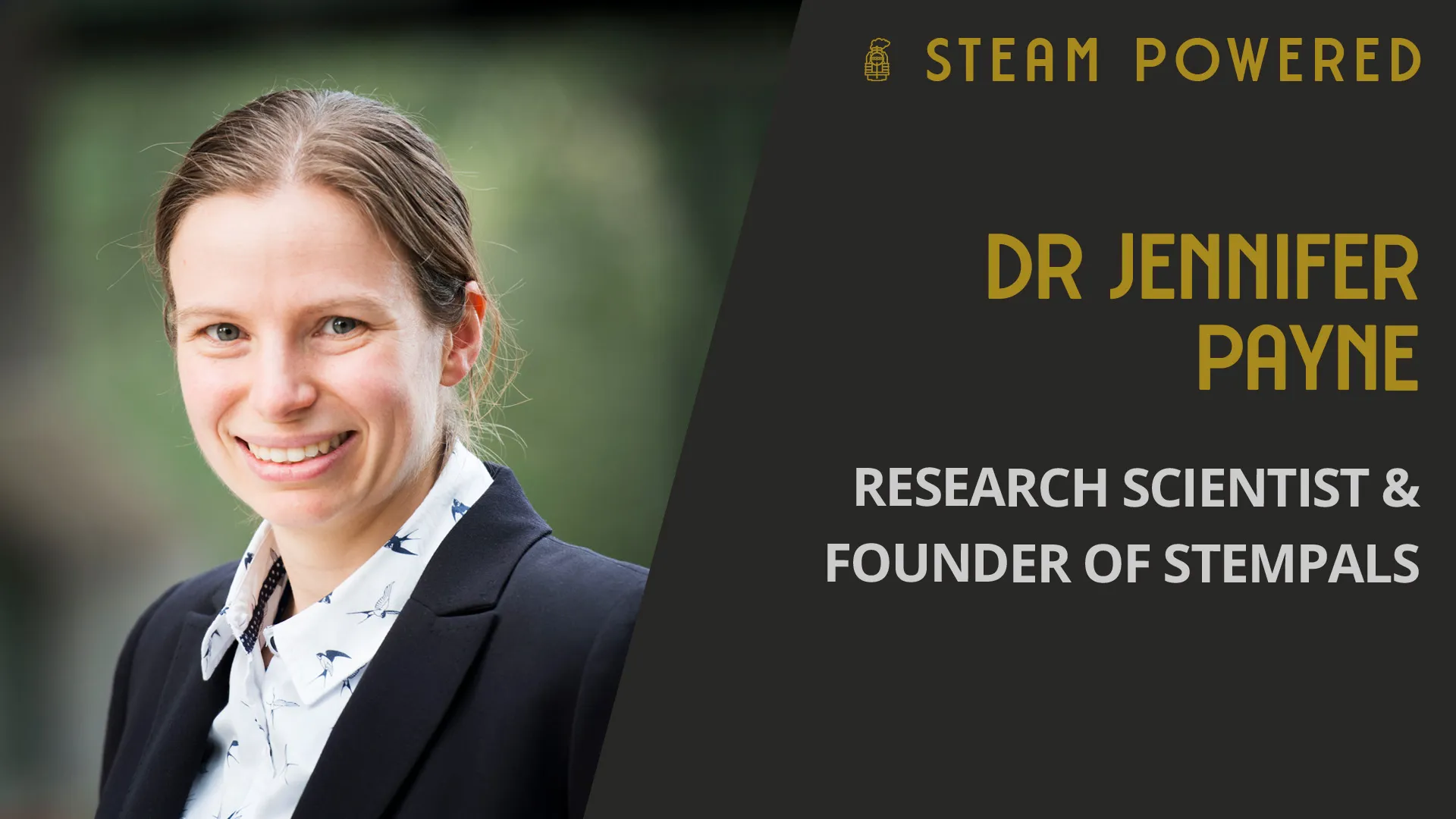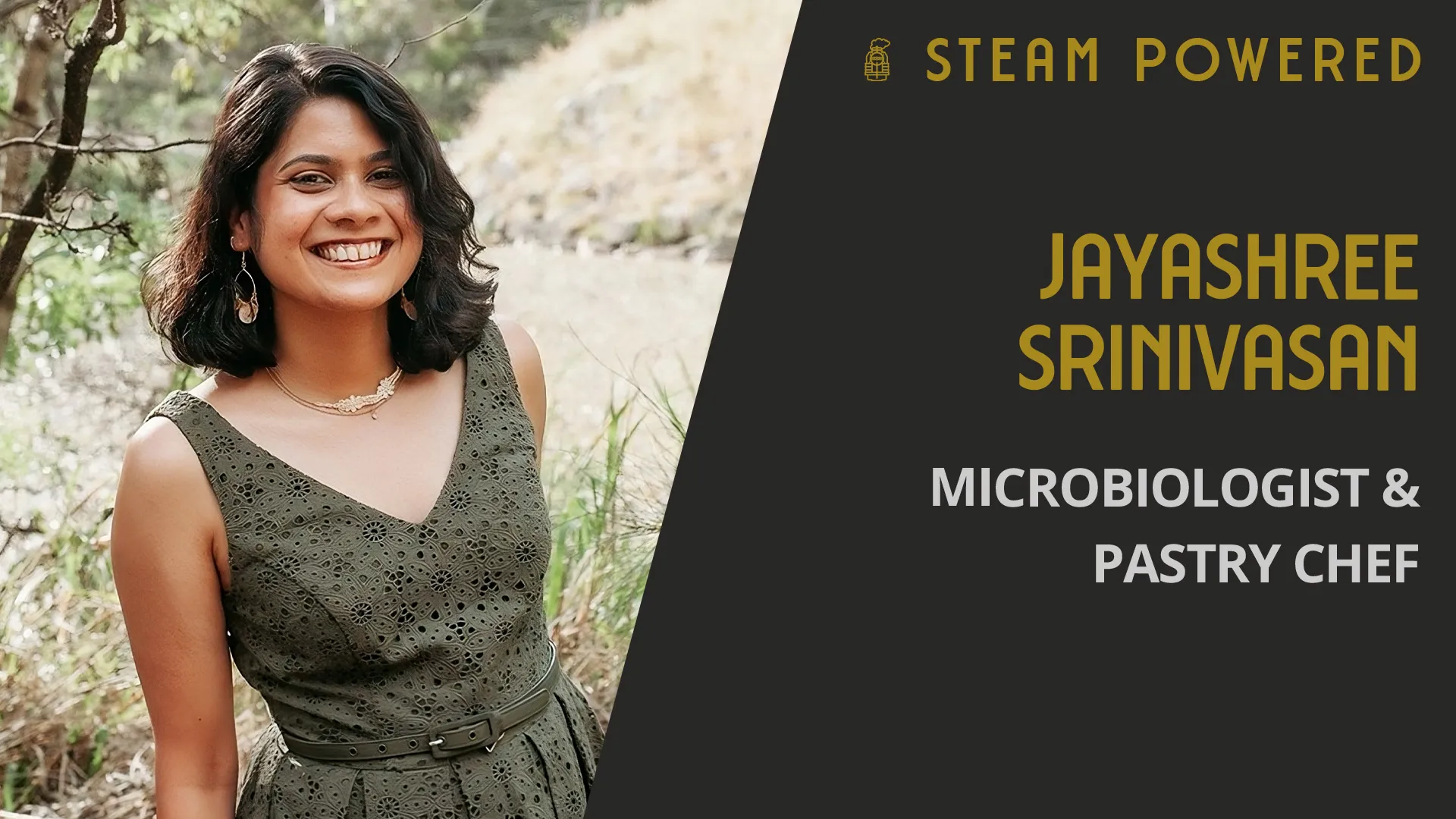Engineering, climate action, and politics with Zaneta Mascarenhas MP
Changes in career aren't a divergence from a path. The common thread is you, your experience, and how you can apply what you know in a difference space.
Zaneta Mascarenhas is Member of the Australian House of Representatives for Swan. Join us as we speak about Zaneta's journey through engineering and resources, climate action, and politics -- and hear about how community and impact ties all of that together..
About Zaneta Mascarenhas MP
Zaneta Mascarenhas MP is the Federal Member for Swan and sits in the House of Representatives in the Australian Parliament. Zaneta, a chemical engineer, was elected to Parliament in 2022 and serves on the Industry, Science and Resources Standing Committee, the Climate Change, Energy, Environment and Water Standing Committee, and the Joint Statutory Committee on Corporations and Financial Services.
Prior to her election, Zaneta managed the West Australian team for Energetics, Australia’s leading carbon and energy consultancy, where she provided energy efficiency and climate change advice to the resources industry and various WA ASX200 companies, access to the Emissions Reduction Fund, and the development of emissions inventories and audits. She was selected to be trained by Al Gore to deliver Climate Reality Project presentations in 2009 and has also worked for the World Bank’s Water and Sanitation Program in Dhaka, Bangladesh on Community Led Total Sanitation as part of AusAid’s Australian Youth Ambassadors for Development Program. Zaneta has a strong track record in not-for-profit governance, having served six different boards including education institutions and a community legal centre.
As the first engineer elected as the Member for Swan and the 28th in the Parliament of Australia, Zaneta applies her planning and problem-solving skills to developing policy, including the transition to a less carbon intensive economy and developing Australia’s high tech industrial capacity.
- Facebook: @ZanetaMascarenhasMP
- Instagram: @ZanetaMascarenhasMP
- Zaneta Mascarenhas Website: https://zanetamascarenhas.com.au/
Listen to the Podcast
Listen on Apple Podcasts, Spotify, iHeartRadio, Amazon Music, Castbox, Deezer, Goodpods, Overcast, Pocket Casts, TuneIn, Blubrry, Podcast Addict, Podchaser, JioSaavn, RSS , and other podcast platforms.
Watch on YouTube
- [00:00:48] Zaneta's childhood experiences and exposure to sciences and the world around her.
- [00:04:00] How your environment shapes your perceptions of an industry.
- [00:07:27] The evolution of culture and safety in the workplace in the mining industry.
- [00:12:04] Observations about organisational culture in an organically culturally diverse industry.
- [00:14:48] The impetus and shift to climate change.
- [00:18:16] Working in the climate change space and perspectives of impact and timescales.
- [00:23:49] Policy and politics.
- [00:26:33] Working not just for now, but for the future.
- [00:31:19] Systems thinking and transferable experience.
- [00:38:28] What advice would you give someone who'd like to do what you do and what advice should they ignore?
Highlights
Connect with Us
- @steampoweredshow
- @steampoweredshw
- @steampoweredshow
- @steampoweredshow
- @steampoweredshow
- @steampoweredshow
- steampoweredshow
Support STEAM Powered
Review Us
Please leave us a review on Apple Podcasts, Spotify, GoodPods, Podchaser, or your preferred podcatcher.
Become a Patron
Affiliate Programs
Start your own podcast or YouTube channel, or run panels and seminars with
Riverside.fm. Record up to 8
people in a session with up to 1000 audience members. You can record in advance
as I do, or you can livestream with the option to send it straight to Facebook,
Youtube, Twitter, or Twitch. There’s even a green-room for guests and live call
in for audience members. Afterwards, get separate video (up to 4K) and audio (up
to 48kHz) tracks per recorded participant for editing, none of that “active
speaker only” limitation. You know you’re in good hands with a service whose
client-base includes some heavy-hitters. Check out
Riverside.fm to see who else is on
board. Use promo code STEAM25 to get 25% off the first three months of your
subscription.
Music is “Gypsy Jazz in Paris 1935” by Brett Van Donsel.

